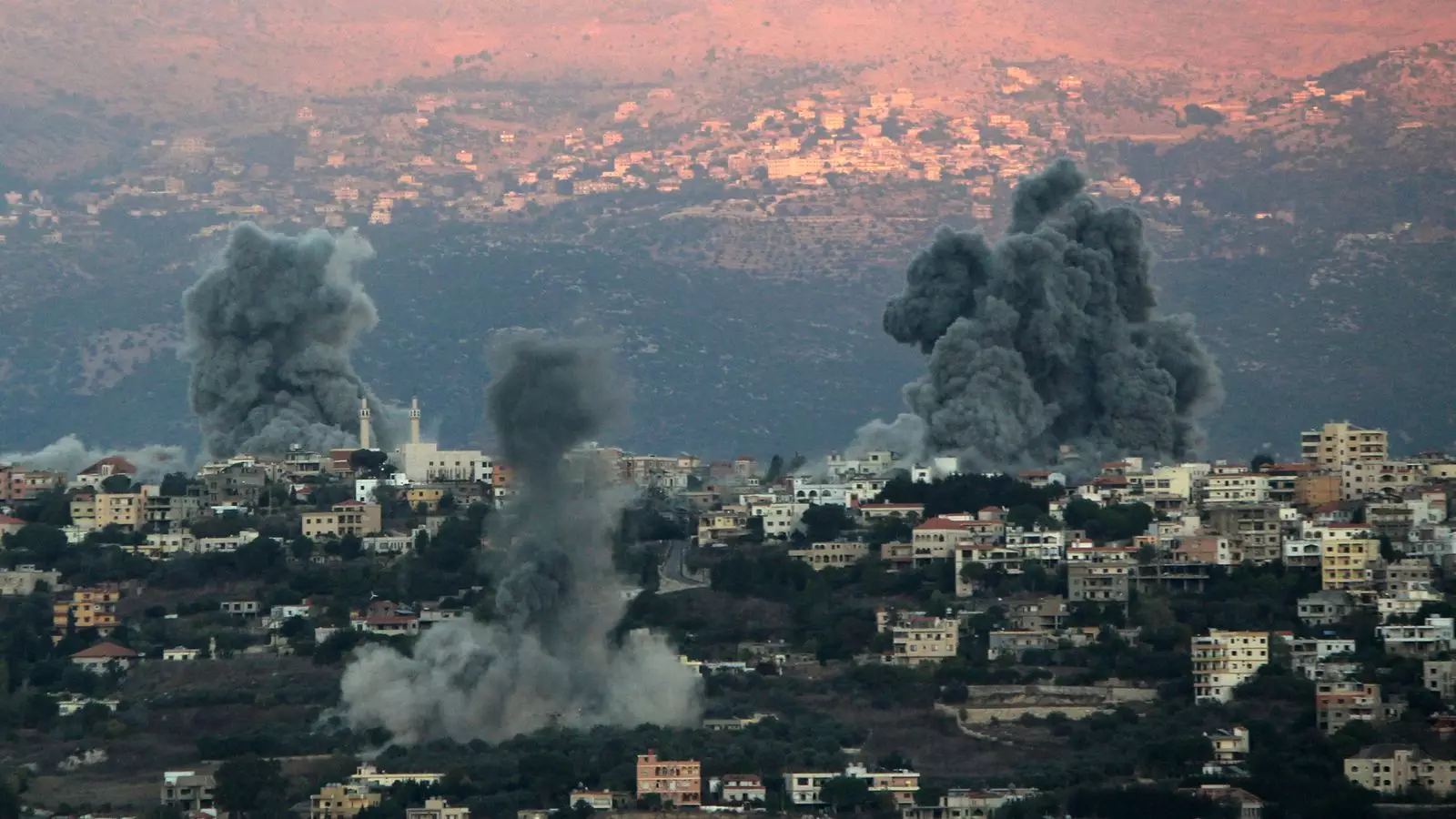In a rapidly deteriorating security situation, the British government is strongly advising its nationals to leave Lebanon immediately. Foreign Secretary David Lammy has highlighted the urgency of this recommendation, noting that the situation is changing quickly and unpredictably. Reports of heavy fire along the Lebanese-Israeli border follow the assassination of Hezbollah leader Hassan Nasrallah, raising significant concerns about a potential escalation into regional conflict. The silence of diplomacy is pierced by military action, leading to fears of a full-scale war that may threaten not only those in the immediate vicinity but also other nations intertwined in this geopolitical web.
The UK’s response describes a ‘fast-moving’ crisis, emphasizing the inherent risks for those who remain in Lebanon. Lammy’s warnings underscore the unpredictability of the evolving conflict, urging citizens to act quickly while there is still time to escape. The past two years of relative stability in the region appear to have crumbled, and the government’s measures reveal a determined effort to ensure the safety of its nationals.
Faced with the stark reality of escalating violence, the British government is implementing proactive measures to assist its citizens. Lammy announced the establishment of a rapid response unit, ready to aid approximately 5,000 British nationals currently in Lebanon. This includes deploying 700 troops in Cyprus and securing commercial flight seats for those needing immediate evacuation. The urgency of the situation cannot be overstated as Lammy called for British citizens in Lebanon to utilize these resources without delay.
Acknowledging the previous government’s advisories against travel to Lebanon, Lammy expressed disappointment that some British nationals still remain within its borders. He reiterated the significance of acting on these advisories, detailing that the UK is committed to aiding its citizens, despite the unpredictability of the circumstances that may arise in the coming hours. The message is clear: there’s no time to waste.
Heightening tensions on the ground are reports of Israeli special forces conducting operations inside Lebanon, suggesting that a ground invasion may be imminent. Israeli Defense Minister Yoav Gallant has publicly warned that the next phase in the conflict against Hezbollah is approaching. This stark indication that the situation may escalate into a more intense military confrontation poses a dire threat to those not evacuated, emphasizing Lammy’s declaration of a “fast-moving” situation.
The international political landscape complicates matters further. Lammy’s discussions with US Secretary of State Antony Blinken revealed mutual apprehension regarding the current state of affairs and the potential for further escalations. The intersecting interests of the United States, Iran, and Israel compound the complexities of diplomacy in this volatile environment, leading to fears that all parties could face unpredictable consequences of their actions.
Iran’s involvement complicates the crisis, with suspicions that its support for militant groups like Hezbollah may lead to broader regional hostilities. Lammy highlighted his recent discussions with Iranian Foreign Minister, urging restraint on Iran’s part. The potential for military aid to Israel should it come under Iranian threat further underscores the tense international climate, raising the stakes for all nations involved.
Understanding the stakes becomes crucial. As nations grapple with the risks associated with increased military engagement, the gravity of the situation within Lebanon serves as a reminder of the fragility of peace in the region. The implications of a wider conflict could reverberate not just across the Middle East, but globally, posing potential threats to citizens worldwide.
As the dark clouds of conflict loom over Lebanon, the advice from British officials is clear: Acting swiftly is imperative for the safety of nationals. The government’s warnings serve not only as a call to action for those still present but also as a reflection of the increasing complexities of global diplomacy in the face of escalating military confrontations. With lives at stake, the importance of heeding evacuation orders becomes undeniable. For British nationals remaining in Lebanon, the path to safety requires immediate and decisive action against an unpredictable backdrop of geopolitical tensions.



Leave a Reply